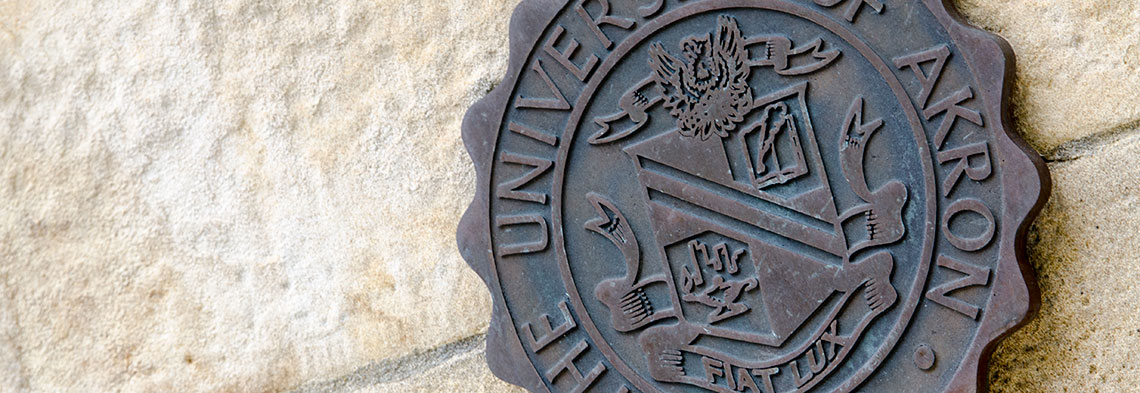Document Type
Article
Publication Date
January 2000
Abstract
Incorporating the Partnership Theory of Marriage into Elective-Share Law: The Approximation System of the Uniform Probate Code and the Deferred-Community-Property Alternative
With respect to marital property rights, the contemporary view of marriage is that it is an economic partnership. Spouses are viewed as equal partners with respect to property acquired during the marriage from either of their efforts, but as having no claim to property the other spouse brought to the marriage, or received by gift or inheritance during the marriage. The widespread acceptance of this theory, which has long been an underlying principle of the community-property system, is evidenced by the adoption over the last 30 years of equitable distribution as the means for the division of the property of divorcing spouses in all noncommunity-property jurisdictions. Generally, under equitable distribution property of spouses is divided in divorce proceedings in an equitable manner without regard to legal title. In most jurisdictions, only marital property of spouses is subject to such division, and in most of the jurisdictions in which separate property also may be divided, the clear preference is not to do so.
In 1990, the spousal elective-share provisions of the Uniform Probate Code were revised to bring elective-share law into line with the partnership theory of marriage. The new UPC system, however, Incorporating the Partnership Theory of Marriage into Elective-Share Law: The Approximation System of the Uniform Probate Code and the Deferred-Community-Property Alternative does not determine the surviving spouse’s elective-share claim by direct reference to the marital property the spouses accumulated during the marriage. Rather, it uses a mechanically applied “approximation system” to estimate the amount of the spouses’ property that is marital, and the amount that is separate, based solely on the length of their marriage. When a spouse brings property to the marriage, as often is the case in second and subsequent marriages, or receives property during the marriage by gift or inheritance, the approximation system often will allow a surviving spouse’s elective-share claim to reach that separate property. The result will be elective-share claims that are inequitable and inconsistent with the partnership theory of marriage.
The purposes of this article are (i) to examine how well the approximation system will accomplish its intended objective of incorporating the marital partnership theory into elective-share law, and (ii) to propose a deferred-community-property system as an alternative means of doing so. Under such a system, the surviving spouse’s elective share would be half of the couple’s actual marital property, rather than half of an estimate of their marital property that is determined solely by the length of their marriage. A deferred-community-property elective-share system would produce results that are more consistent with the partnership theory of marriage and with the manner in which the property of spouses is divided when their marriage ends in divorce.
Publication Title
Emory Law Journal
First Page
487
Recommended Citation
Alan Newman, Incorporating the Partnership Theory of Marriage into Elective-Share Law: The Approximation System of the Uniform Probate Code and the Deferred-Community-Property Alternative, 49 Emory Law Journal 487 (2000).


